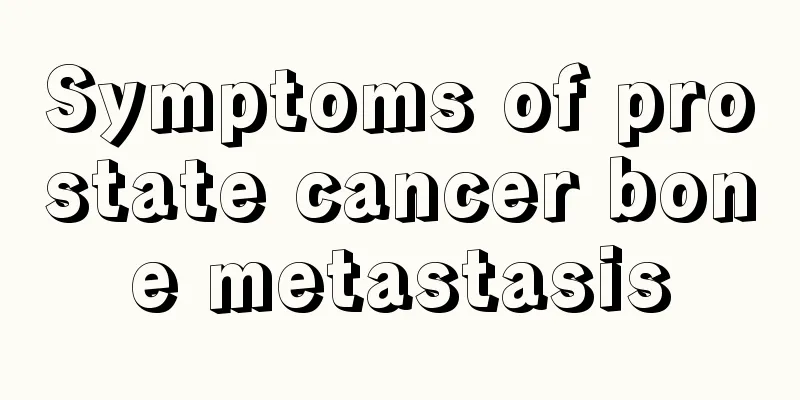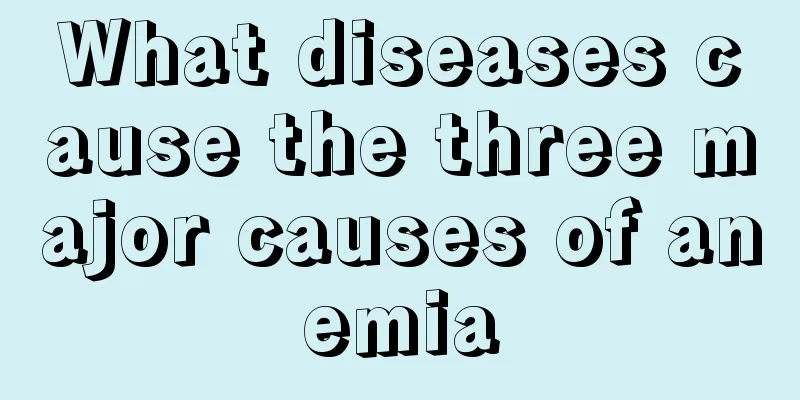What causes swollen and painful tooth heels?

|
Teeth are part of our skeleton. First processing of the food we are going to eat. So our teeth are exposed to different foods, such as hot, cold, sour, sweet, etc., every day. As long as it is used, there will be loss. Our teeth have a layer of enamel on them. Protect our tooth nerves. If the food we eat is too hard, it will damage our tooth enamel. When tooth enamel falls off, exposing our dental nerves, it can cause toothache. Of course, this is only one aspect. Sometimes it's due to tooth decay. Sometimes it's due to inflammation. So how many reasons are there for tooth root swelling and pain? Let’s take a look below. The main cause of swollen and painful gums is poor oral hygiene, which leads to the deposition of dental plaque, tartar and soft plaque on the tooth surface near the gum margin, thereby inducing gingivitis. If not treated promptly, gingivitis can gradually develop into periodontitis, eventually leading to loose teeth and tooth loss in the entire mouth. treat Paying attention to oral hygiene on a daily basis, developing good habits of rinsing your mouth and brushing your teeth after meals, and mastering the correct method of brushing your teeth can effectively prevent the occurrence of gingivitis. 1. Antibiotics If caused by systemic diseases, the main focus should be on treating the systemic diseases. Amoxicillin, first- and second-generation cephalosporins, and metronidazole can be used during the acute inflammatory phase. 2. Teeth cleaning Remove plaque and tartar attached to the tooth surface, make the tooth surface smooth, reduce irritation, and correct food impaction. If necessary, use scaling, commonly known as teeth cleaning, to thoroughly remove tartar and control plaque. 3. Vitamins Appropriate use of vitamin C, vitamin A and D can enhance the body's resistance and repair ability, and help repair periodontal tissues. 4. Remove the cause Actively treat various chronic diseases. 5. Topical medication Can be applied after removing tartar, plaque and food debris. Rinse with 3% hydrogen peroxide solution or saline and then apply 1% iodine glycerin. You can also rinse your mouth with 1:5000 potassium permanganate solution or compound borax solution. You can also selectively use gargle medicines such as Koutai gargle, chlorhexidine gargle, etc. 6. Surgery Gingivectomy may be performed in patients with significant gingival hyperplasia. prevention 1. Pay attention to oral hygiene and develop a good habit of "brushing teeth in the morning and evening, and rinsing mouth after meals". 2. Discover tooth decay and treat it promptly. 3. It is not advisable to eat sugar, biscuits and other starchy foods before going to bed. 4. It is advisable to eat more foods that can clear stomach fire and liver fire, such as pumpkin, watermelon, water chestnut, celery, radish, etc. 5. Avoid alcohol and hot foods. 6. A quick temper and being easily angered can induce toothache, so it is advisable to keep an open mind and a calm mood. 7. Keep bowel movements smooth. 8. Do not eat hard food, and avoid eating sour, cold, hot or other foods that irritate the gums. |
<<: Is salt water useful for swollen gums?
>>: What should I do if my gums are swollen and painful after having a tooth surgery?
Recommend
How to protect kidneys
The kidneys ensure that toxins in the body are cl...
Early symptoms of mesenteric lymphoma
Early symptoms of mesenteric lymphoma may not be ...
What to do if you are infected with Toxoplasma gondii during pregnancy
Doctors generally do not recommend that pregnant ...
What fruits are good for Yin deficiency and kidney deficiency
Yin deficiency and kidney deficiency are common p...
Traditional Chinese medicine formula for treating bone cancer
What are the Chinese medicine formulas for treati...
What causes excessive tongue coating and what are the symptoms?
Normally the tongue coating is thin. If there is ...
Can sodium bicarbonate be used to wash the vulva?
In fact, sodium bicarbonate is widely used in dai...
How long can one live with advanced cervical cancer? How long can one live with advanced cervical cancer?
Cervical cancer is the third most common malignan...
What are the most common symptoms of infection in newborns?
Newborn babies are called neonates. As we all kno...
What to do if Xiaomi spicy food burns your hands
Chili peppers usually need to be wiped with alcoh...
Can Houttuynia cordata help lose weight
Houttuynia cordata has many functions. For exampl...
Which razor shaves the best?
Under normal circumstances, men will grow beards,...
Several stages of gastric cancer formation
Gastric cancer does not appear suddenly, nor does...
Timely surgery is very important for the treatment of lumbar burst fractures
Lumbar burst fractures are mostly caused by exter...
What is EBV?
Many friends do not know about the EBV virus, but...









